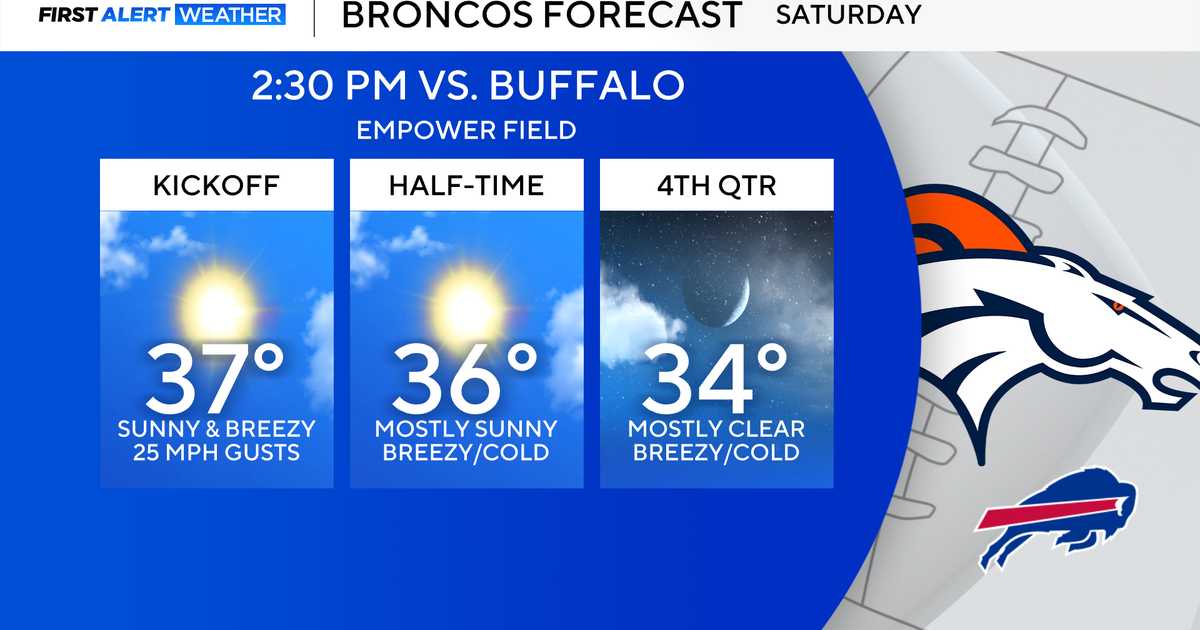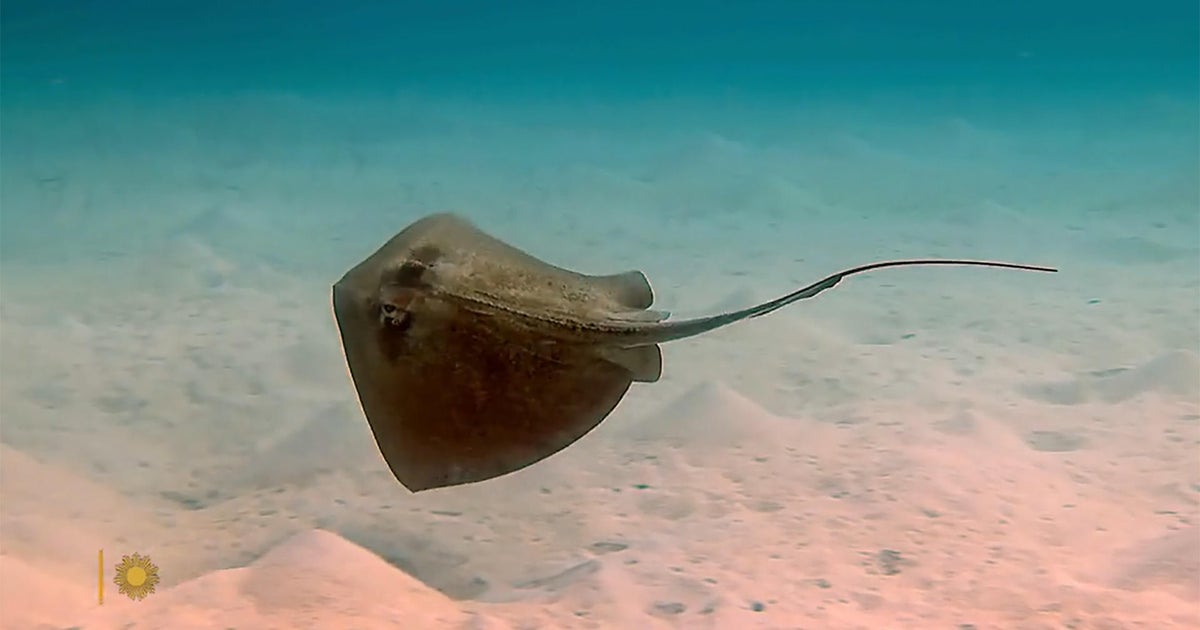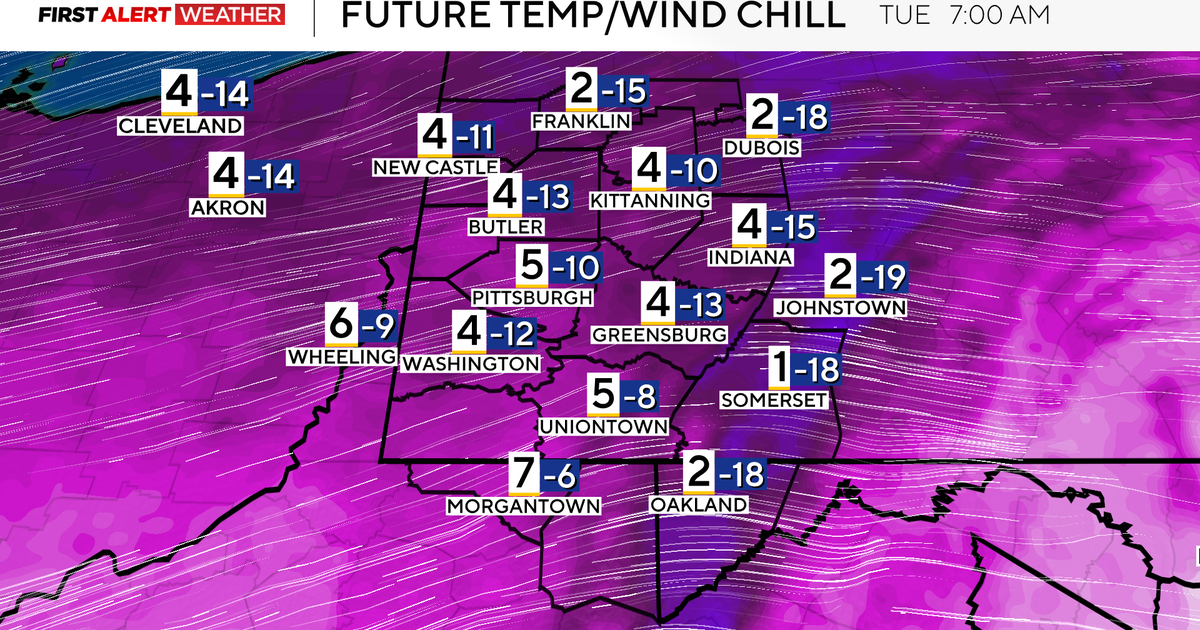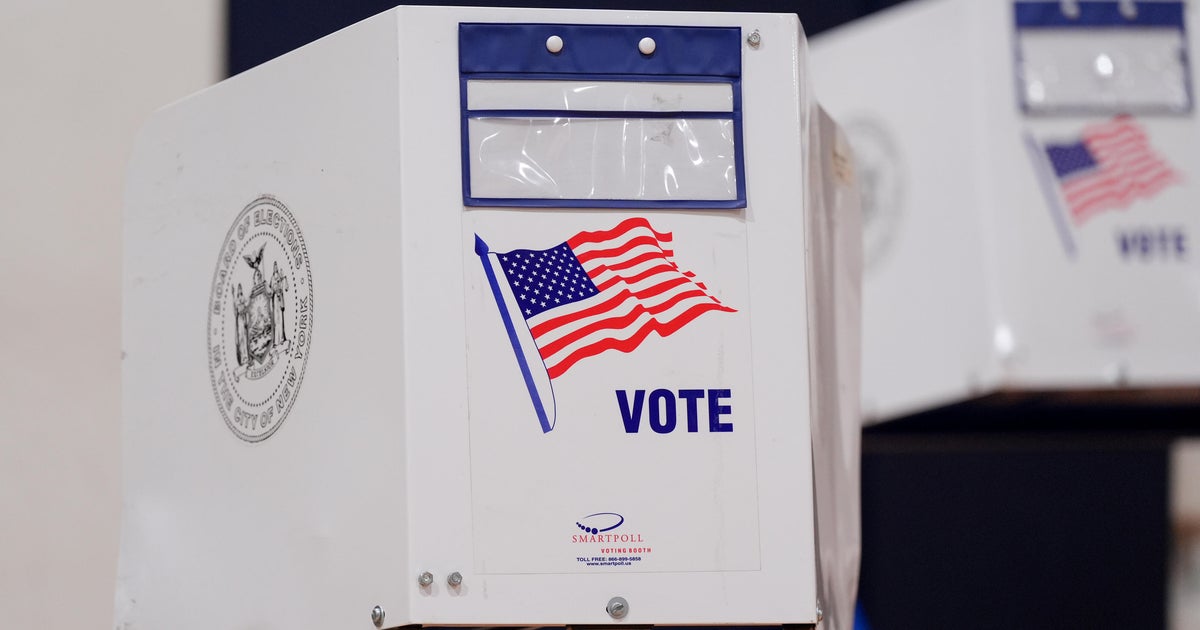1st human case of West Nile Virus in Colorado this year confirmed in Arapahoe County
The first human case of West Nile Virus in Colorado so far this year has been confirmed in Arapahoe County. Arapahoe County Public Health officials are urging people to take precautions as mosquito season continues.
They are concerned about mosquito activity as the summer weather continues to heat up with hotter days and fewer cooler nights. They said this concern comes because Colorado doesn't typically see its first human case of West Nile virus until later in the summer.
"While we know that West Nile virus is endemic to Colorado—meaning we expect to see some cases each year—we never quite know how many to expect or just how bad a season will be. What this first case confirms for us, however, is that West Nile virus is present in our mosquito population, and as mosquito numbers increase, the risk of West Nile virus will, too," said Melissa Adair, communicable disease epidemiology manager at Arapahoe County Public Health, in a statement. "We're encouraging all Arapahoe County residents to take precautions now, before we see mosquitoes and illness increase this season."
Additional Information from the Colorado Department of Public Health and Environment:
Last year was Colorado's worst for West Nile virus in 20 years, with 631 cases spanning 40 counties, including 383 hospitalizations and 50 deaths. Arapahoe County alone saw 56 cases. For context, during the previous five years, there were a total of 636 cases statewide (18 in Arapahoe County). That means 2023 saw nearly as many cases as the previous five years combined.
Take steps to prevent West Nile virus
Humans, birds, horses and other mammals can be exposed to West Nile virus via a bite from an infected mosquito. While symptoms in people infected with the virus are typically mild, there are steps you should take to limit exposure to the virus:
· Wear an EPA-approved insect repellant, such as one that includes DEET. These repellants are proven safe and effective for all people ages 2 months and up, including those who are pregnant and breast/chest feeding. Learn more about tips for choosing and applying insect repellent for children.
· Stay indoors at dawn and dusk when mosquitoes are most active.
· Avoid recreating around standing water sources, such as lakes and ponds. If you are camping, use mosquito netting and/or insect repellent.
· Wear clothes to protect against mosquitos, such as long-sleeves and pants.
· Drain standing water sources including puddles, gutters, flowerpots, tires, pool covers, boats and tarps.
· Prevent mosquitoes from getting indoors by utilizing an air conditioner or fans, rather than open windows, and if you do have any windows or doors with openings, utilize a screen.
· If you live on a property with a septic system, take steps to prevent mosquitoes by ensuring your tank is in good repair and any vents or openings are covered or sealed.
Watch for West Nile virus
Symptoms generally appear 2–14 days after exposure, with one in five people developing:
· Fever
· Body aches
· Headache
· Occasionally, skin rashes and swollen lymph nodes
Mild symptoms of West Nile virus infection usually pass on their own.
Less than 1 percent of people infected with West Nile virus will develop severe symptoms that affect the nervous system. While these symptoms can occur in any person, people over 60 years of age are at higher risk, as well as those with certain medical conditions. Severe symptoms include:
· Headache
· Coma
· High fever
· Tremors
· Neck stiffness
· Muscle weakness
· Confusion and disorientation
· Paralysis
Talk with a health care provider and call your local public health department if you believe you are experiencing severe symptoms of West Nile virus. If you are an Arapahoe County resident, please contact us at 303-734-4379.
More information
· West Nile virus fact sheet (la información sobre el vírus del oeste del Nilo también está disponible en español)







